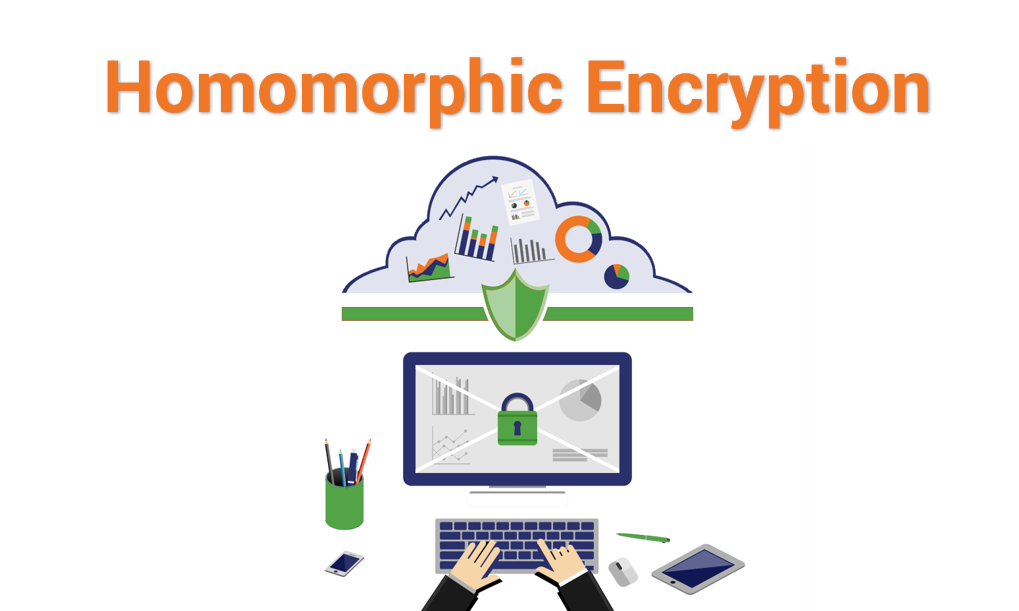justineanweiler.com – When most people think of blockchain, they associate it with cryptocurrency—the technology that powers Bitcoin and other digital currencies. However, blockchain is far more than a tool for the financial world. It is a versatile, decentralized ledger system that can track and record transactions securely and transparently, making it applicable to a wide variety of industries. From supply chain management to healthcare, blockchain is revolutionizing how businesses operate, improving efficiency, transparency, and security.
Here’s a closer look at how blockchain technology is transforming industries beyond cryptocurrency.
1. Supply Chain Management: Improving Transparency and Traceability
Supply chains, often complex and difficult to monitor, have been one of the biggest beneficiaries of blockchain technology. With goods moving through multiple checkpoints—from manufacturers to distributors to retailers—ensuring that the data remains accurate and transparent has always been a challenge. Blockchain provides a decentralized ledger where every step in the supply chain can be recorded and validated.
- Benefits: By using blockchain, businesses can track the journey of goods in real-time, ensuring accountability at every stage. For example, retailers can verify the source of raw materials, ensuring that they meet ethical or sustainability standards. Consumers also benefit by gaining access to transparent data about the products they purchase.
- Use Case: Walmart is one prominent example of a company using blockchain to track the origin of food products. By partnering with IBM’s blockchain platform, Walmart can quickly trace the origin of items like mangoes or pork, ensuring food safety by allowing rapid response in the event of contamination or recall.
2. Healthcare: Enhancing Security and Data Integrity
In the healthcare industry, patient data security is a top priority. Traditional databases are vulnerable to breaches and tampering, but blockchain’s decentralized, tamper-proof nature can enhance the security and privacy of health records. Blockchain offers a way to securely store and share patient information while ensuring data integrity.
- Benefits: Blockchain ensures that medical records cannot be altered without authorization, providing a permanent and auditable trail of patient data. This technology also allows for better coordination between healthcare providers, as patient records can be shared quickly and securely across institutions, reducing errors and improving the quality of care.
- Use Case: MedRec, a blockchain-based system, is being used to manage electronic medical records. It enables patients to securely share their health data with doctors and other healthcare providers, while also maintaining control over who has access to their information.
3. Real Estate: Speeding Up Property Transactions
The real estate sector is known for its lengthy and bureaucratic processes, especially when it comes to verifying property ownership and transferring deeds. Blockchain offers a way to simplify and streamline these transactions by creating a digital ledger of property records that can be accessed by all parties involved in a real estate transaction.
- Benefits: Blockchain reduces the need for intermediaries like lawyers and notaries, speeding up the buying and selling process. Smart contracts, which are self-executing contracts with terms directly written into code, can automatically transfer ownership of a property once certain conditions are met, reducing delays and fraud.
- Use Case: In countries like Sweden, the government is experimenting with blockchain technology for land registry systems. Blockchain helps verify property ownership more efficiently, reducing the potential for disputes and fraud.
4. Intellectual Property: Protecting Creators and Innovators
Blockchain is providing a new way for artists, musicians, writers, and inventors to secure their intellectual property (IP). By recording creative works or inventions on a blockchain, creators can prove ownership and track the use of their work. This decentralized ledger also makes it easier for creators to monetize their work by ensuring they receive proper royalties and payments for usage.
- Benefits: Blockchain offers creators a transparent way to document their work and prevent unauthorized use or copying. Smart contracts can also be used to automate royalty payments, ensuring that artists are compensated fairly every time their work is sold or streamed.
- Use Case: Platforms like Ujo Music and Audius use blockchain to help musicians distribute their music and receive payments directly from listeners without going through traditional intermediaries like record labels or streaming platforms.
5. Voting Systems: Ensuring Security and Trust in Elections
Blockchain technology is also being applied to voting systems, with the potential to solve issues related to election integrity and voter fraud. Traditional voting systems are often vulnerable to manipulation, but blockchain can offer a tamper-proof, transparent way to record votes.
- Benefits: Blockchain can create a verifiable, unalterable record of each vote, ensuring that election results are accurate and trustworthy. It also enables remote voting, making elections more accessible, especially for people living in remote areas or those with limited mobility.
- Use Case: West Virginia tested a blockchain-based voting system in the 2018 midterm elections, allowing overseas military personnel to cast their votes securely via a mobile app. This system provided transparency while ensuring that votes were counted accurately.
6. Energy Sector: Enabling Decentralized Energy Grids
Blockchain is helping to create decentralized energy markets where individuals and businesses can buy and sell energy directly from each other, bypassing traditional utilities. This is particularly useful for renewable energy, such as solar power, where individuals can generate excess energy and sell it to others.
- Benefits: Blockchain enables peer-to-peer energy trading, reducing dependence on centralized power grids and promoting the use of renewable energy sources. It also ensures that energy transactions are transparent and secure.
- Use Case: In Brooklyn, New York, the Brooklyn Microgrid project uses blockchain to allow residents to sell excess solar energy to their neighbors. Blockchain records all energy transactions and ensures secure, efficient exchanges between buyers and sellers.
Conclusion: Blockchain’s Transformative Power
While blockchain is still widely known for its role in cryptocurrency, its potential reaches far beyond digital currency. From improving transparency in supply chains to protecting intellectual property, blockchain is proving to be a transformative force across various industries. As businesses and governments continue to explore the possibilities of blockchain, it is clear that this technology will play a significant role in shaping the future of how we conduct transactions, manage data, and interact with the world around us.
Blockchain’s decentralized, secure, and transparent nature offers endless opportunities for innovation, and we are only beginning to scratch the surface of its potential applications.





